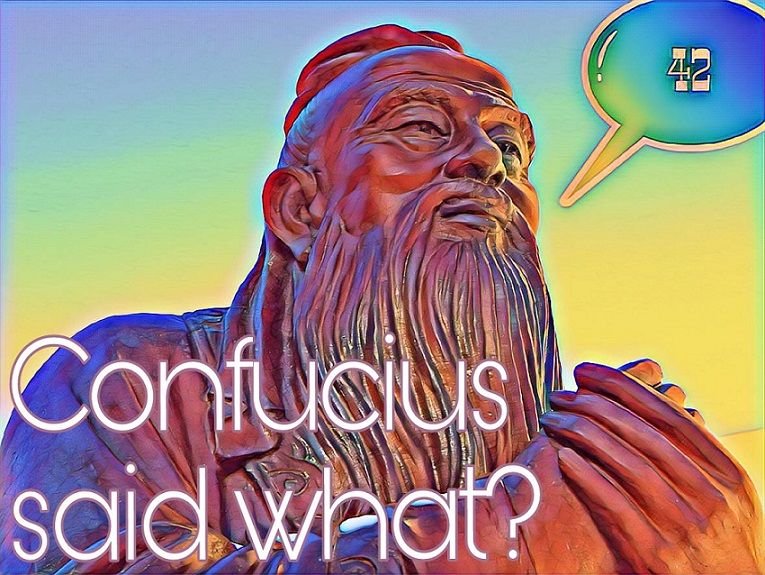Socrates' the wisest man who knew nothing!
Since joining Steemit I have loved reading the #philosophy tag more than any other. So much so that it has encouraged me to delve further into the subject both on Steemit and other sources.

Image Source
This series will follow my self-introduction into the world of philosophy and associated thoughts. Philosophy as I am finding, is an interesting yet never ending subject that could take a lifetime of energy with no hope of mastering it, but given the Greek meaning of the word philosophy is "love of wisdom". The aim was never to master it but to continue to learn from it. I do hope that my thoughts will provoke thoughts in you that will make there way to my comments and in turn will spark additional thoughts in me.

This is what I love about philosophy, there are no absolute truths, each question raises another question and it all depends on the person asking and interpreting. I know we are talking about Socrates but first lets look back at Aristotle's syllogism's, if we were to apply that logic we could arrive at "Socrates was wise; Socrates was a man; all men are wise." Socrates himself would be one of the first people to argue that he indeed knew nothing and therefore questioned everything, something we should all do more often. Image Source
Absolute truth is something that is true at all times and in all places. It is something that is always true no matter what the circumstances. It is a fact that cannot be changed. For example, there are no round squares. ... One way or another, these are all truths because they are logically true.
Source
Ok, so there are some absolute truths but what's interesting is that a lot of things that we hold as absolute truths when questioned will be found to be wrong as there are always exceptions to the rule so therefore its not an absolute truth. One form of this questioning is know as Socratic irony.

Ask enough questions and eventually there will be an opening to challenge the initial truth. Some thought this to be quite an aggressive way of approaching the arguments. This didn't stop Socrates holding true to his methods and teaching his students to do the same, leading to his forced suicide after being found guilty of "godlessness" and "corruption of the young". In spite of his death his methods are still used today.
The Socratic method, also can be known as elenctic method, or Socratic debate, is a form of cooperative argumentative dialogue between individuals, based on asking and answering questions to stimulate critical thinking and to draw out ideas and underlying presumptions. Source
How many times have you gotten angry over someone questioning what you hold as true? Have you ever thought to question your own truths or do you just know they are true therefore you don't need to question them? What if your truths when questioned aren't truths at all? Does that change anything or are you exactly where you were?
True knowledge exists in knowing that you know nothing. Socrates
The aim for this post series to engage with other Steemian's and develop relationships while challenging my thoughts. If you would like to join me on this journey don't forget to follow me @insideoutlet. My hubby @shai-hulud is also worth a look in and has a wonderful Alphabet Adventure series going.
If you find value in my work an upvote and/or resteem would be greatly appreciated, although never required to read and comment on my post. I look forward to getting to know you all better while debating the ins and outs of life itself.
Welcome to 2018!!! A year for the love of wisdom!
